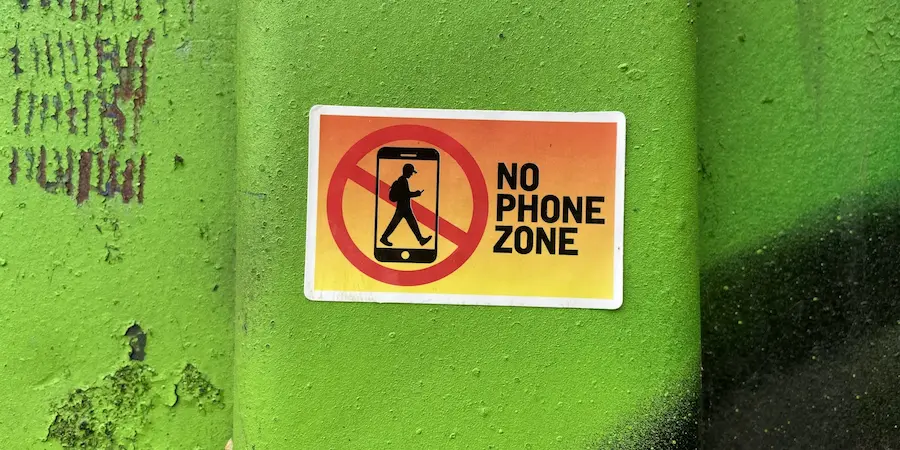Do you want to turn your smartphone into a digital ghost without giving up your favorite apps? In the era of ‘everything connected’, your phone gives off clues at every step: GPS, network signals, Wi‑Fi, Bluetooth, cookies and even app permissions you granted without looking. Although achieving 100% invisibility isn’t realistic, you can drastically raise the difficulty of being tracked by combining several settings and smart habits. Here’s a practical, straightforward guide with that geeky touch we love at ActualApp.
Cut the sensors and connections that give you away
Start with location: turn off location services when you don’t need them and enable them only for maps or navigation, since many apps store coordinates that, when accumulated, map out your life. The next step is Bluetooth: if you’re not connected to headphones or a watch, turn it off; you reduce your radio footprint and also save battery.
If you want a quick wall, enable Airplane Mode: it abruptly cuts mobile data, Wi‑Fi, Bluetooth and triangulation, like a radiofrequency “kill switch.” If you need Wi‑Fi or Bluetooth temporarily, you can reactivate them manually, but remember any radio turned on will start emitting signals again. And if you want the most decisive measure, power the phone off completely when you don’t need it; the last known position or the IMEI will still exist, but you’ll minimize real-time traces.
Don’t forget to lock the SIM with a PIN: that prevents misuse of your line; note that if you enter the code incorrectly repeatedly, the block will activate. Finally, be wary of unsecured public Wi‑Fi: they often collect data and are magnets for network attacks; if you have no choice, always connect under a VPN.
Browse without leaving crumbs: VPN, Tor and private search engines
A VPN creates an encrypted tunnel and hides your real IP, making geolocation by IP address harder and preventing your Internet provider from seeing which sites you visit. However, it’s not magic: it doesn’t block GPS or the cellular network, so you should combine it with the previous steps. Also, be skeptical of absolute “no logs” claims: check for independent audits or how providers have responded to legal requests. Known options include Proton VPN, NordVPN, ExpressVPN and Surfshark; almost all activate with a tap from their app.
If you want extra anonymity on the web, the Tor browser routes your traffic through multiple volunteer nodes —the famous “onion layer”— and, when closed, removes history and cookies, which reduces persistent traces. In return, it’s slower, but for sensitive searches it’s worth it. Also use search engines that don’t profile you, like DuckDuckGo, Startpage or Gigablast, and take the opportunity to clear cookies and history from your regular browsers; if you use Google services, review and delete your activity when appropriate.
The icing on the cake? Combine a VPN on insecure networks with Tor for occasional lookups and keep a regular browser the rest of the time with cookies under control; as in the hardware world, layered security beats any “miracle patch.”

Permissions, updates and anti‑spyware cleanup
Many apps ask for more than they need. Go into Settings, review them one by one and deny sensitive permissions —location, microphone, contacts or storage— when they’re not essential; uninstall without mercy what you don’t use. On Android, enable Play Protect from Google Play so it can watch for dubious installations. And if you suspect strange behavior, run a scan with reputable solutions like Malwarebytes, Bitdefender or AVG; they detect and isolate spyware and malware that could be snooping in the background.
Updating the system is another critical layer: new versions fix vulnerabilities attackers exploit. On iPhone, go to Settings > General > Software Update; on Android, Settings > System > System update, and apply patches as soon as possible.
Watch for warning signs: overheating while idle, battery that drops sharply without explanation, spikes in data usage, spontaneous reboots or the screen turning on without notifications, and a general slowness that doesn’t match your usage. If you detect several of these symptoms, review recently installed apps, run an antimalware scan and recheck permissions. And remember: privacy is not a button, it’s a continuous habit; with these tactics, you’ll raise your “stealth level” enough to make tracking really uncomfortable for curious people, trackers and malware.


